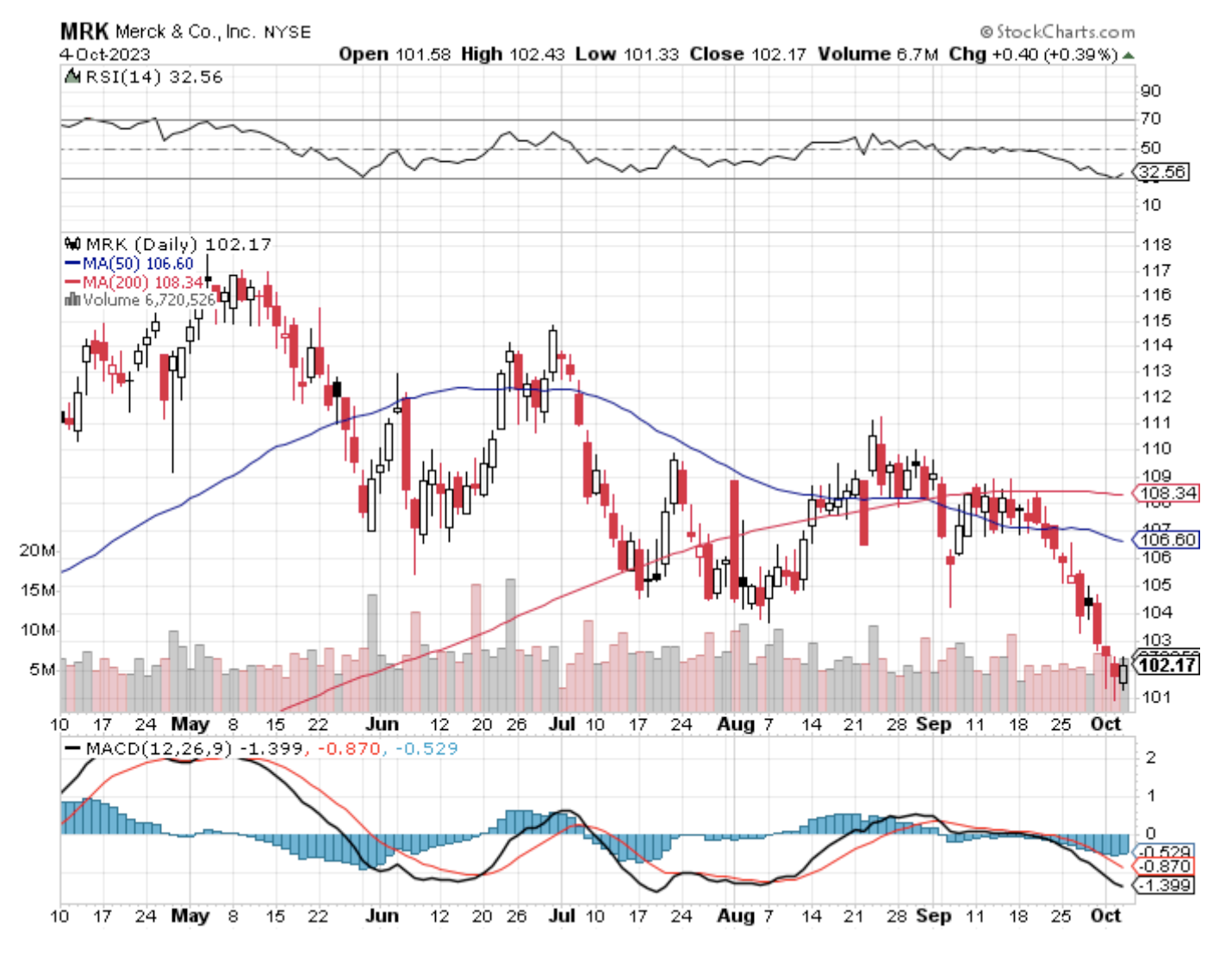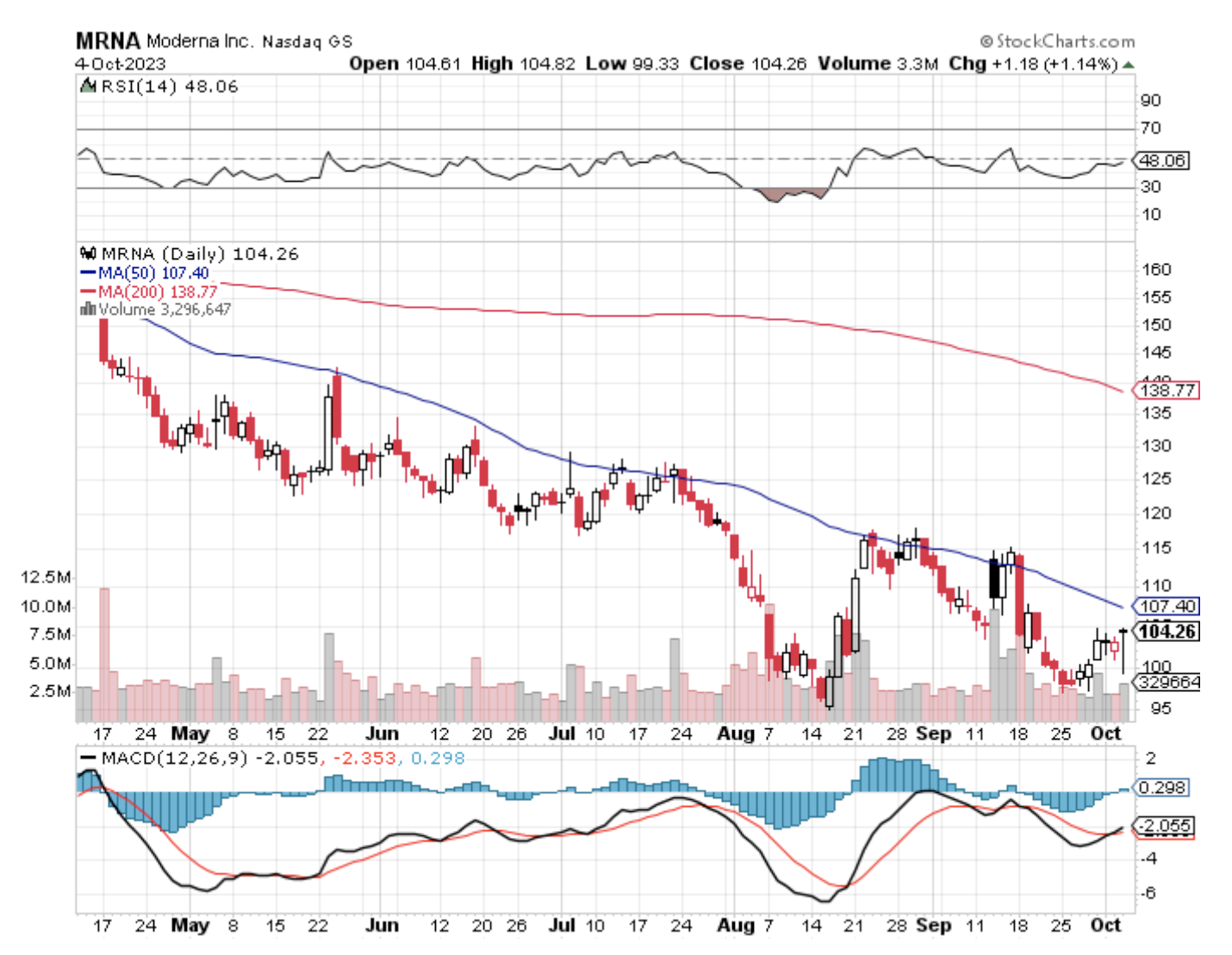From Frustrating Whack-A-Mole Attempts To Precision Strikes
The age-old battle against cancer is getting a revolutionary upgrade, with our own immune systems leading the charge. Imagine if our body's defense system could be tweaked, tuned, and harnessed to target and decimate previously unconquerable tumors specifically. With the global oncology market previously valued at a staggering USD 167.9 billion in 2021 and anticipated to grow to about USD 286.3 billion by 2030, the promise of that dream is becoming closer to reality.
Take a moment and think about drugs called PD-1 and PD-L1 inhibitors. No, they don't play the ancient game of "whack-a-mole" with cancer cells. Instead, they orchestrate a sophisticated game of hide-and-seek, unmasking these rogue cells from the vigilant gaze of our cancer-hunting T-cells. The result? Some of the deadliest cancers, like melanoma and certain lung malignancies, are now seeing remarkable increases in survival rates. These advancements are epitomized by companies like Merck (MRK), whose collaborations with biotech giants like Moderna (MRNA) have pushed the frontier of cancer treatment.
However, the innovation doesn't stop there. Enter the realm of personalized cancer vaccines, the latest generals in this battle. Their might was most notably exhibited when Moderna and Merck recently announced that their investigational personalized mRNA cancer vaccine, when combined with Merck's KEYTRUDA, showed promising results in a Phase 2b trial for melanoma treatment.
By employing genetic sequencing, these vaccines pinpoint unique mutations within an individual's cancer. Much like how the COVID-19 vaccines rev up our immune response, these personalized armaments rally T-cells to specifically target and decimate cancer cells brandishing those identified mutations. In fact, such advancements are so promising that Moderna envisions creating a vaccine tailored for every unique cancer mutation.
In 2022, Joe Biden set an ambitious goal of slicing cancer deaths by half in a quarter-century. With early detection, prevention strategies, and these groundbreaking treatments, this goal could very well be within reach. This is also timely since, forecasting a glimpse into 2023, the U.S. is bracing for approximately 1,958,310 fresh cancer diagnoses. Alongside this daunting figure, the shadows of the ailment further extend with an anticipated 609,820 individuals succumbing to the disease.
Let’s dive a bit deeper into the intricacies of immunotherapy. At its heart, it’s about training our body to do what it's naturally designed to do – recognize and obliterate invaders. But cancer, being the wily enemy it is, has learned to don an invisibility cloak. That's where our new drugs, like PD-1 and PD-L1 inhibitors, along with vaccines, step in - revealing these camouflaged enemies and bolstering our body's defense forces to strike back.
Needless to say, this shift in perspective on cancer is a game-changer. Gone are the days of merely categorizing it by body parts. Now, armed with insights into the unique biology of tumors, coupled with advancements from pharmaceutical behemoths like Merck and biotech pioneers like Moderna, hundreds of different cancers can be identified and targeted.
It's undeniable that collaborations, such as the one between Merck and Moderna, have signaled a paradigm shift in the battle against cancer. Their shared vision of pushing forward in the field of personalized cancer vaccines can potentially redefine how we approach oncology in the coming years.
Yet, as with all wars, there are casualties. The treatments, while promising, aren't without risks. Unbridling the immune system, for instance, can sometimes lead to unforeseen reactions, some of which can be fatal. Nonetheless, the consensus is clear: these treatments are generally safer and potentially more effective than the traditional chemotherapy approach.
But what does this mean for the average Joe or Jane grappling with a cancer diagnosis? Simply put, a shimmering beacon of hope. While some cancers remain resilient to these advances, others are showing remarkable progress. However, staying updated with the latest treatments is crucial. This might sometimes involve enrolling in trials or seeking genetic sequencing of one's cancer to unlock potential targeted therapies.
The bottom line, as put succinctly by oncologists working on these treatments: “We’re not in the 1990s anymore.” With key players like Merck and Moderna at the forefront of these innovations, we might just be on the brink of turning the tide in this relentless war. Make sure you don’t get left behind. Buy the dip.



